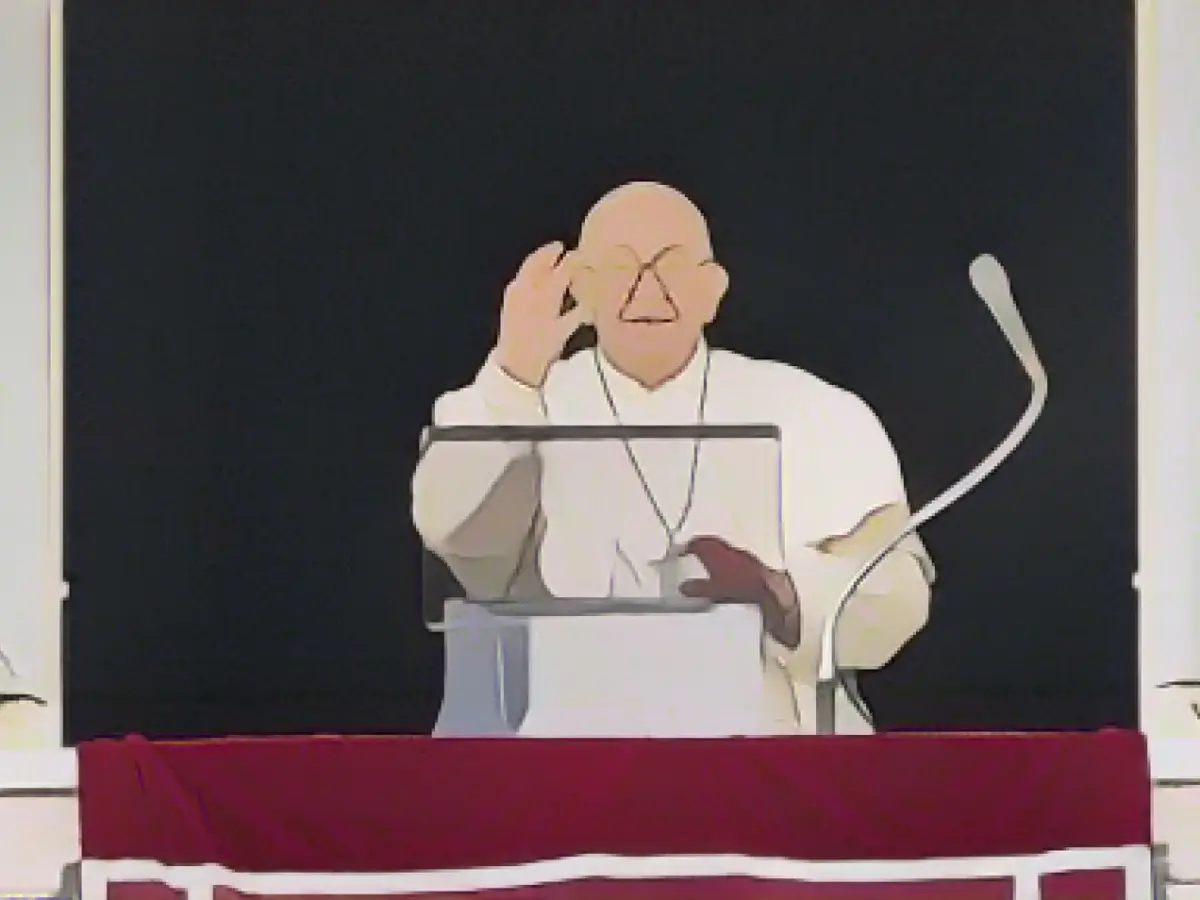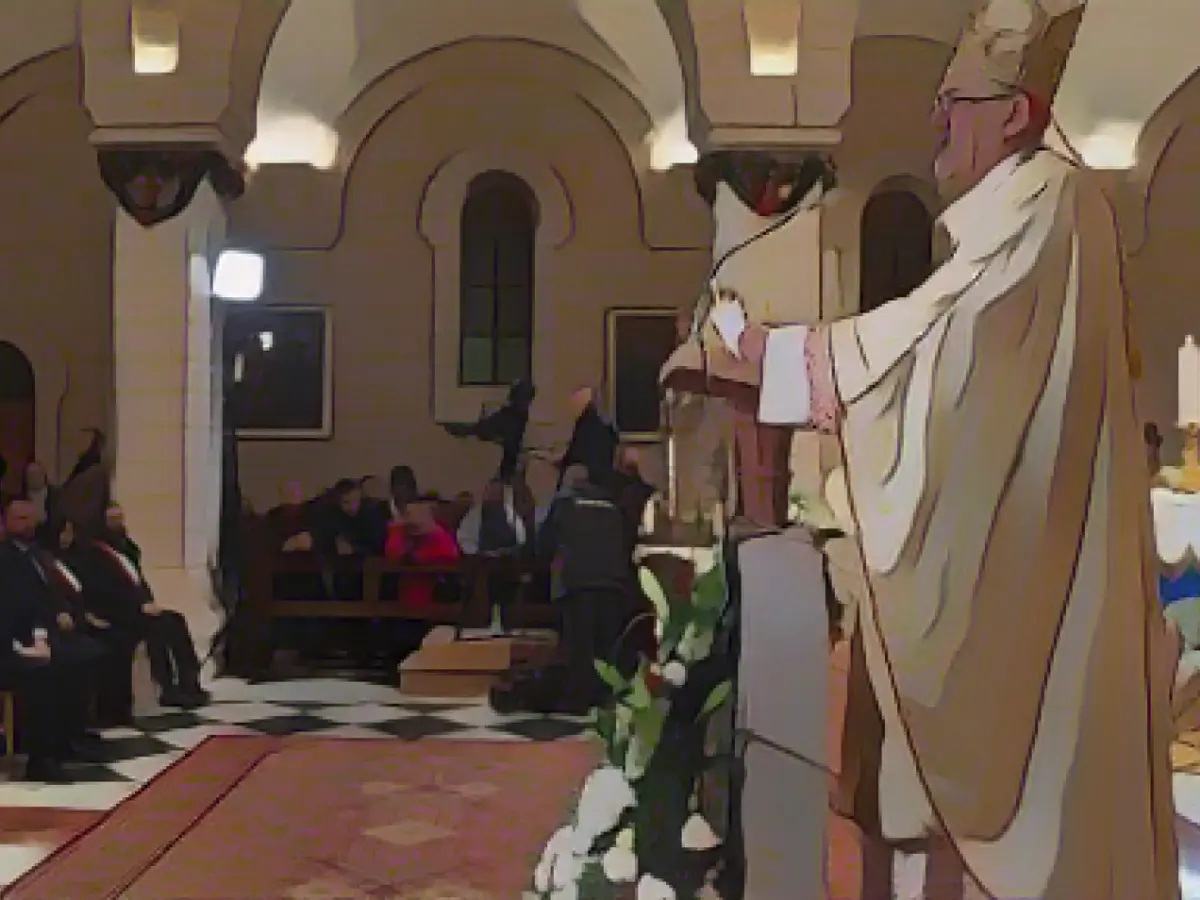titled: "Church Membership on the Decline in Germany: Causes and Potential Consequences"
What's the feeling towards the church these days, you ask? That's the question at the heart of the recent "Church Membership Survey," a collaborative effort between Protestant and Catholic churches. The findings aren't exactly comforting for either denomination - rather, they suggest a significant tipping point on the horizon.
According to the survey, conducted by Forsa with 5,252 respondents, the number of Christians in Germany is set to halve by 2040 at the latest. This means a full 20 years ahead of predictions made by a 2019 study by the University of Freiburg. Despite this alarming trend, the churches still retain a degree of importance as religious spaces in German society - the survey reveals that anyone who is religious today is more likely than not to practice within the confines of the church.
So why exactly is church membership plummeting? The survey suggests that a general decline in trust in institutions and a broader societal shift towards secularism are contributing factors. However, scandals within the church have only served to reinforce this trend, acting as a booster rather than a primary driver.
Specific church scandals have indeed played a notable role in the erosion of religious affiliation. For example, the revelations of decades of sexual abuse by priests have sparked waves of dissent and led to a substantial increase in church leavers. The number of church leavers in 2022 alone totaled 380,000 Protestants and 522,000 Catholics.
Gender and socioeconomic factors have also contributed to the decline in church membership. Traditional gender distinctions around religiosity and church commitment have largely vanished, and it is socially disadvantaged individuals who are increasingly disengaging from the church.
The survey further reveals that among Catholics, anger and resentment towards their own church are now more common than indifference. In contrast, Protestants often cite indifference as a potential reason for leaving. The abolition of celibacy for priests is an issue that resonates strongly with both Catholics and Protestants who still attend church, with a vast majority of Catholics in favor of this reform.
The decline in church membership is not unique to Germany. Across affluent Western nations, secularism and a decline in religious practice are prevalent. This broader societal shift away from traditional religious affiliations is fueled by various factors, including the continued impact of historical persecution by the Nazi regime, which aimed to diminish the influence of Christianity in society.
The vast majority of formally registered Catholics, as well as practicing Catholics, support the idea of allowing priests to marry. This issue is considered crucial in the potential for radical reform within the church that could reverse the current exodus.
In conclusion, the decline in church membership in Germany is a complex phenomenon driven by a range of factors, including secularization, state-church conflicts, and scandals within the church. The survey reveals that socially disadvantaged individuals are most severely affected by this trend, potentially signaling a shift in the religious landscape of German society.








